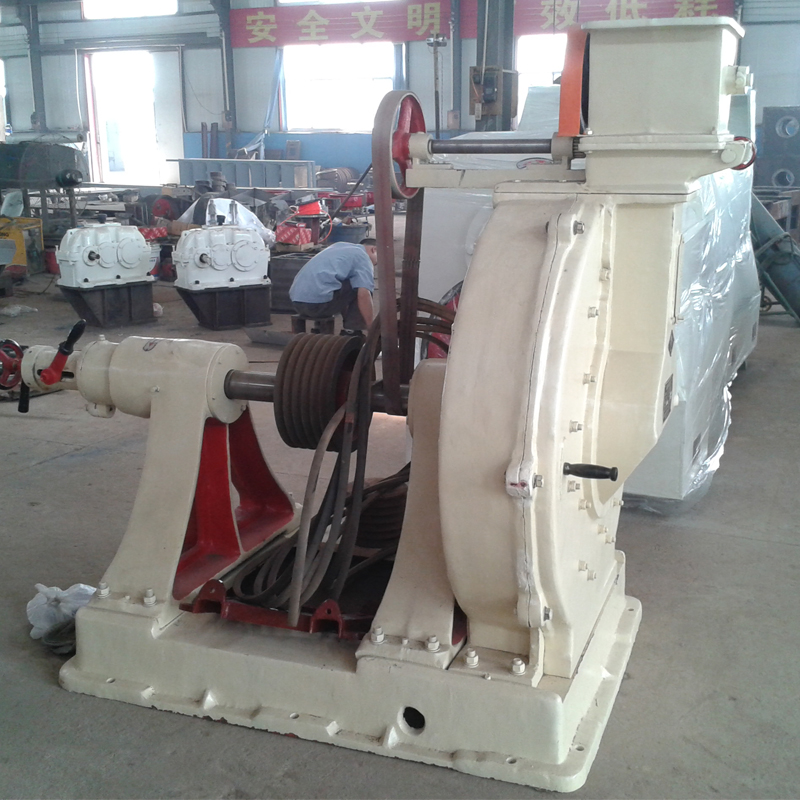Sep . 15, 2024 08:57 Back to list
wholesale animal oil refining unit
Wholesale Animal Oil Refining Unit An Essential Component of the Industry
The wholesale animal oil refining unit plays a critical role in the global supply chain of animal-derived products. This facility specializes in processing animal fats and oils, transforming raw materials into refined products that meet the stringent quality standards required by various industries, including food, cosmetics, pharmaceuticals, and biofuels.
Animal oils, primarily sourced from livestock such as cattle, pigs, and poultry, are abundant and provide valuable fatty acids essential for various applications. The refining process involves several stages designed to remove impurities, unwanted odors, and contaminants. These stages typically include rendering, degumming, neutralization, bleaching, and deodorization. Each step is crucial in ensuring that the final product is not only suitable for consumption but also safe and appealing to consumers.
Key Processes in Animal Oil Refining
1. Rendering This is the initial stage where the raw animal fat is cooked to separate it from tissues and other non-fatty components. The rendered fat is then collected for further processing.
2. Degumming In this phase, phosphatides and other gums are removed from the animal oil to improve its quality. This step often utilizes water and acids to facilitate the separation of these impurities.
3. Neutralization Here, free fatty acids, which can cause undesirable flavors and odors, are neutralized using an alkali solution. This process results in a more stable product that meets industry standards.
4. Bleaching Bleaching is employed to remove pigments and further purify the oil. Activated earth or carbon adsorbents are commonly used to absorb color compounds, resulting in a clearer product.
wholesale animal oil refining unit

5. Deodorization The final step involves applying steam at high temperatures to eliminate any remaining odors. This crucial process ensures that the refined animal oil has a neutral scent, making it suitable for various applications.
Market Demand and Applications
The demand for refined animal oils has been on the rise, driven by their versatility and the increasing awareness of sustainable practices in sourcing animal products. Industries have begun to emphasize the importance of transparency and ethical sourcing, which has led to the creation of more comprehensive regulatory frameworks.
Refined animal oils are widely used in the food industry as cooking fats, ingredients in processed foods, and as emulsifiers. Additionally, the cosmetic industry utilizes these oils in products such as creams and lotions for their moisturizing properties. Pharmaceuticals also harness the benefits of animal oils in the formulation of certain medications and supplements.
Moreover, the biofuel sector has experienced a surge in interest regarding animal oil, as these fats can be converted into sustainable biodiesel, presenting an eco-friendly alternative to fossil fuels.
Conclusion
The wholesale animal oil refining unit is a vital segment of the agricultural and food production sectors. By ensuring the quality and safety of animal oils, these units contribute significantly to the economy while promoting sustainability. As consumer trends evolve towards natural and ethically sourced products, the refining industry must continue to adapt, innovate, and maintain high standards to meet the demands of a changing market.
-
Oil Processing Equipment - High-Efficiency Flaking Machine
NewsJul.25,2025
-
High-Efficiency Peanut Oil Refined Machine for Quality Oil Production Leading Exporters & Companies
NewsJul.08,2025
-
High Efficiency Sunflower Seed Oil Press – Leading Cooking Oil Press Machine Factories & Suppliers
NewsJul.08,2025
-
High-Efficiency Soybean Oil Press Machine – Leading Exporters & Reliable Companies
NewsJul.07,2025
-
High-Efficiency Seed to Oil Extractor – Reliable Extraction Machinery for Your Business
NewsJul.07,2025
-
High-Quality Pressing Screw of Oil Expeller for Efficient Oil Extraction Leading Exporters & Manufacturers
NewsJul.06,2025
